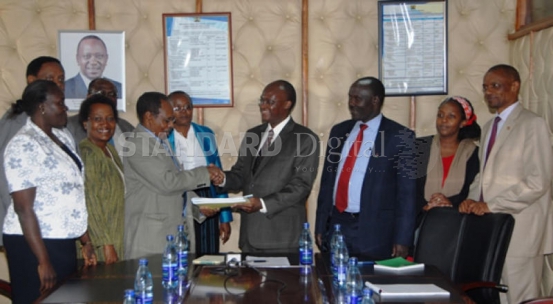
The nearly three-year-old ban on import of genetically modified (GM) food is as good as no more following the revelation early last week by the Deputy President William Ruto that the Cabinet will lift the ban in the coming two or three months.
The ban, imposed in November 2012 following the publication of the Gilles-Eric Seralini study linking consumption of Monsanto’s GM maize to cancer in laboratory rats, has been the focus of unrelenting attacks by pro-GM lobby groups, biotechnology scientists, cereals millers, Kenyan and foreign journalists.